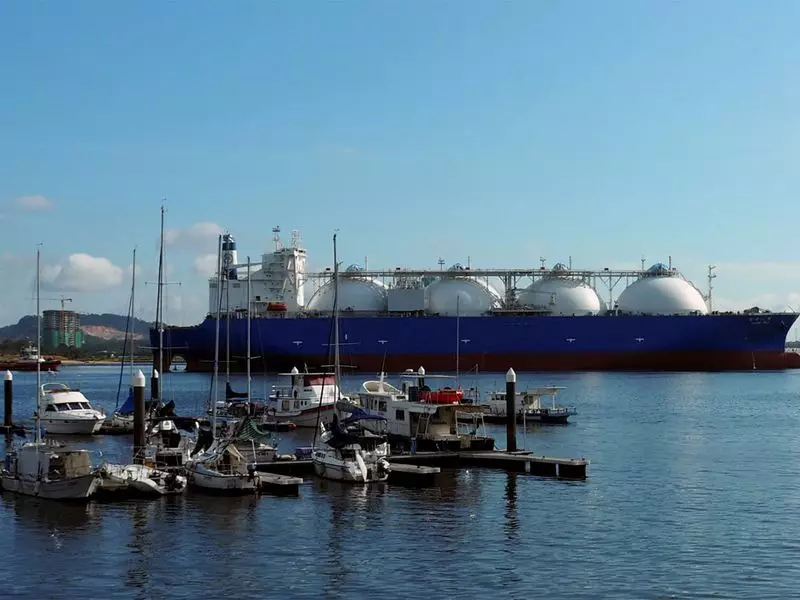
The British government is preparing to implement stringent new measures targeting shipping insurers who continue to facilitate Russian oil exports, according to recent reports. This move represents a significant escalation in efforts to enforce existing price cap restrictions on Russian crude.
Closing Insurance Loopholes in Russian Oil Trade
The proposed sanctions would specifically address a critical gap in current enforcement mechanisms. While the G7 price cap policy theoretically restricts Russian oil shipments priced above $60 per barrel, numerous vessels have continued transporting expensive Russian crude using Western insurance services through various loopholes.
British authorities have identified that some insurers based in the UK continue providing coverage for Russian oil cargoes that violate the established price limits. The new measures would empower regulators to directly target these insurance providers with substantial penalties and restrictions.
Impact on Global Shipping and Energy Markets
The insurance industry plays a crucial role in international oil shipping, with London-based insurers dominating the global maritime insurance market. Most international vessels require protection and indemnity insurance, much of which originates from British companies.
By cutting off access to this essential insurance coverage, the UK government aims to significantly disrupt Russia's ability to profit from oil exports that exceed the price cap. This could force Russian oil traders to either accept lower prices or face substantially higher shipping costs through alternative insurance arrangements.
The timing of these proposed measures coincides with increasing evidence that Russia has developed sophisticated methods to bypass existing sanctions, including using shadow fleets of older tankers and complex transfer operations at sea.
Broader Implications for Sanctions Enforcement
This crackdown represents part of a coordinated international effort to strengthen the effectiveness of economic sanctions against Russia. The G7 price cap mechanism, introduced in December 2022, was designed to simultaneously limit Russian revenue while maintaining global oil supply stability.
However, enforcement challenges have persisted, with some shipments reportedly using falsified documentation or engaging in ship-to-ship transfers to obscure the origin and pricing of oil cargoes. The new insurance-focused approach targets what experts identify as a vulnerable point in this evasion network.
Industry analysts suggest that effective implementation of these measures could potentially reduce Russia's oil export revenues by billions of dollars annually, while simultaneously reinforcing the credibility of Western sanctions regimes.
The British government's decision to focus on insurance providers reflects a strategic understanding that financial services represent a critical leverage point in regulating global commodity flows, even when physical shipments originate from distant locations.






